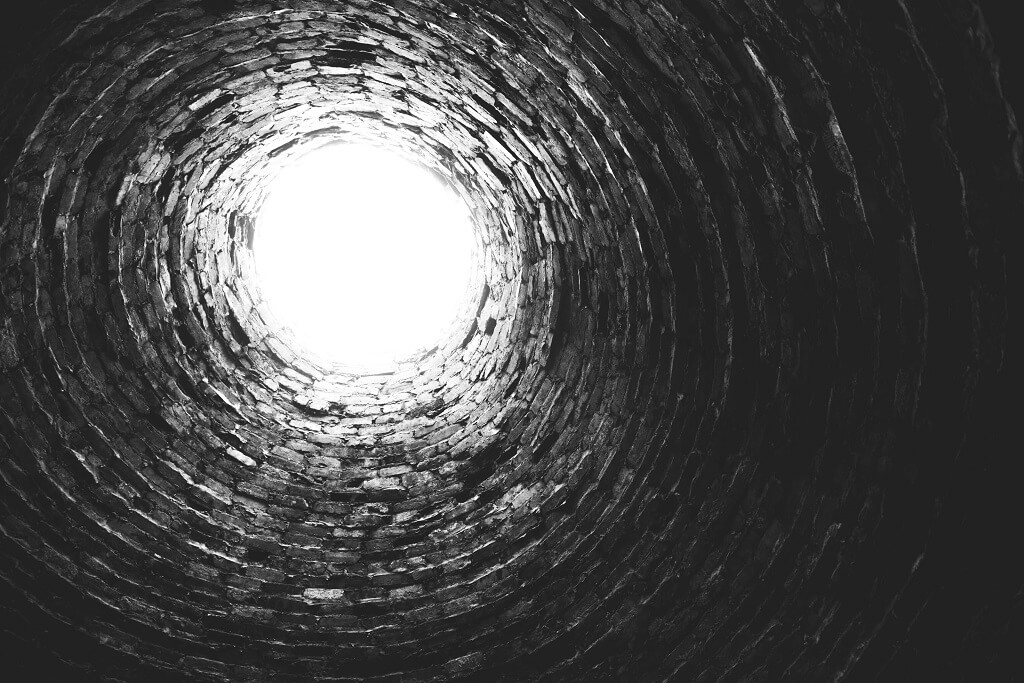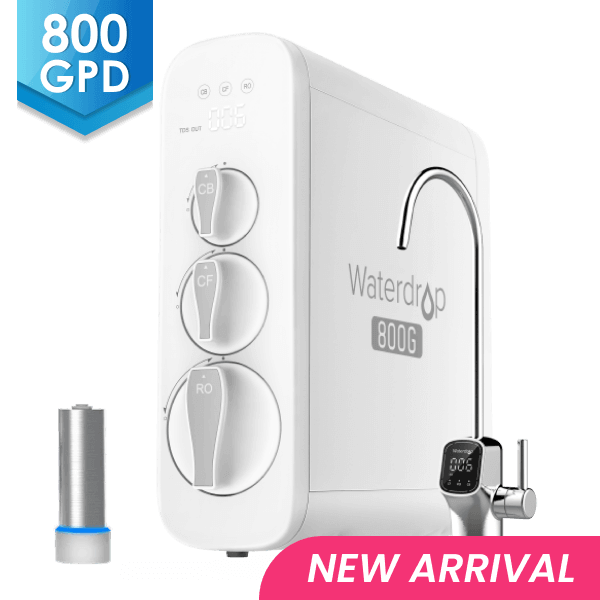Water is, without a doubt, one of the best things you can consume each day for better health. Without water, your brain cannot function properly and your body is not able to burn calories. In general, municipal water is perfectly safe to drink On the other hand, well water is the better choice due to its level of sodium. According to Environmental Testing and Research Laboratories, Inc, water should be the most important part of your diet.
Do I Need To Have My Well Water Checked?
It doesn't matter if your well water appears clean and fresh and it tastes perfectly normal, that doesn't mean there are no chemical contaminants, bacterial, parasites, or nitrates in it. Customers in Butler and the surrounding areas should have their well water tested on a regular basis to ensure it's safe to consume.
Well water can be affected by several contaminants including:
- There are several minerals and chemicals that take place naturally including copper, radon, and arsenic.
- Pesticides and herbicides may be present.
- There are several resilient organic compounds from industrial facilities and from fuel drilling.
- The misuse of waste or mining can cause heavy metals to form.
- Malfunctioning sewers or badly manufactured septic systems can lead to many issues.
If your neighbor had their well water tested and it was fine, that doesn't mean your well is okay. It's important you have the well water tested every year and keep the test results in a safe place should you need them for future reference.
At Aqua Solutions, we can test your well water for contaminants and help you find the best water filter system to help treat the water. We will perform water quality tests and measure any presence of bacterial or other pollutants in your well water. We'll test for:
- The pH level
- Total coliform bacteria
- Total dissolved solids
- Nitrates
Is Well Water Really Safer & Healthier Than Tap Water?
Yes. Purified well water tastes better because it does not contain all the added chemical components like fluoride and chlorine found in public water. The difference, pure water has no flavor whereas well water might have a trace of minerals that are beneficial for your body and for flavor. You will get the healthy advantages from clean water without man-made chemical additives. Best yet, you will not have to depend on someone to bring it to you or have it in stock during a crisis.
Is Well Water Naturally Safe To Drink?
If you are drinking water from a private well, you should get it tested. You can have a test run from a laboratory testing facility or an authorized research facility. You will know if you are drinking water that is safe for you and your family. Your eyes alone cannot pick out harmful bacteria, parasites, or infections. Your water might look and taste great but it might not be safe if you do not have it tested.
Even if you are not becoming ill, your well water might not be safe. Some contaminants found in well water can lead to long-term health issues. Microorganisms can exist in both surface and groundwater. There are specific contaminants in a water source causing chronic health issues. It takes a long time for contaminants to grow. Constant water testing can keep you safe and let you know if there might be hazardous elements in the water. Testing will guarantee your water is at a good level for consumption.
Again, keep in mind, just because your neighbor's water is good to go, doesn't mean your water is. The safety level of your water depends on several factors. These factors include depth, the development of the well, surface and underground geology, and so much more. Well water's quality can change quickly due to revival/refilling due to dry seasons. You must test your well water and keep a record of all the tests for future reference.
There are various aspects to take into consideration to keep your private well healthy and provide safe water. Some of these aspects include:
How strong is the construction of your well? If it was not built well, you might have issues down the road or even around the corner.
Where is the well located? Have your neighbors run into issues in that area?
Regarding maintenance, how old is your well? Has the water quality been checked regularly?
Regarding the water source – what is the condition of the aquifer where your water is drawn from?
What kind of activities are taking place in the general area that could affect your well?
How deeply is your well seated? The deeper your well is seated, around 800+ feet, the cleaner the water will be. The CDC suggests having your well water tested for contaminants. These contaminants may include Coliform bacteria, nitrates, and many others over the year.
According to freedrinkingwater.com, it's vital to have your well water tested for pesticides, heavy metals, and inorganic minerals before using it.
There are several filtration systems specifically designed for wells. These well water systems run the water through a series of steps to catch sediments, soften the water, reduce iron, remove the smell of sulfur and diminish the levels of chlorine, bacterial growth, herbicides, and pesticides. After going through the specific filters, a UV filter runs one final pass to prevent bacteria and viruses. This is without a doubt, the best method for keeping well water safe to drink.
Waterdrop G3P800
The G3 P800 is an excellent undersink reverse osmosis water filtration system. It offers 3-stage powerful filters, along with water scale inhibitors to prevent water scales from building up. It offers an improved 7-layer of RO membranes to reduce chlorine, heavy metals, and other contaminants that might be in your water.
You might not be able to get your well water tested exactly the same time every year but you can have an excellent backup system known as a reverse osmosis system to back you up. It's well worth your time to check these systems out and get one to protect your well water for years to come.




